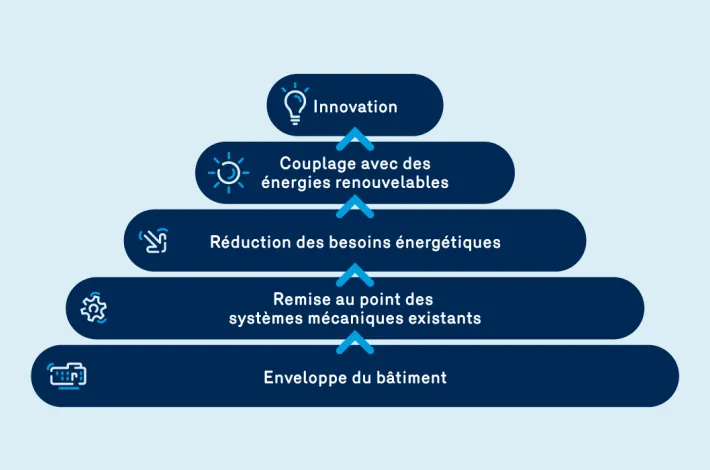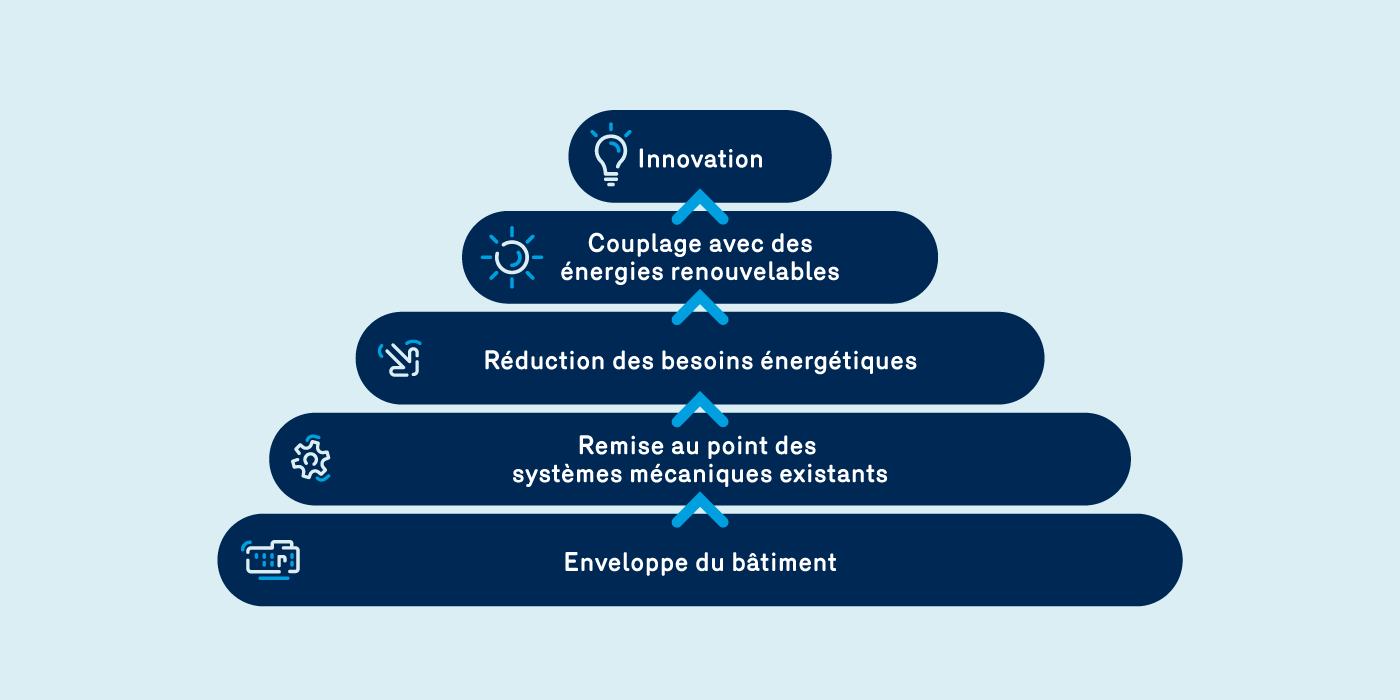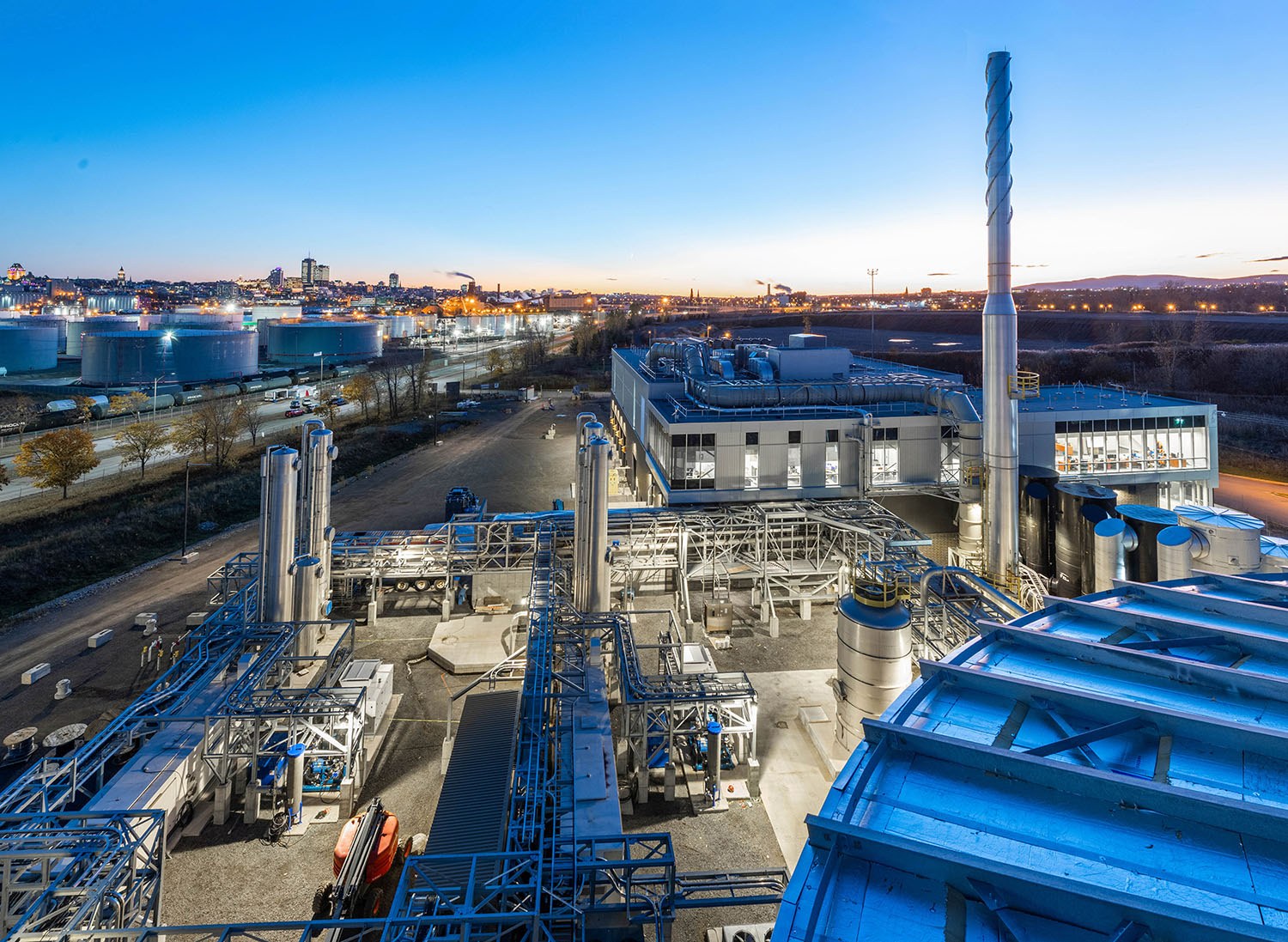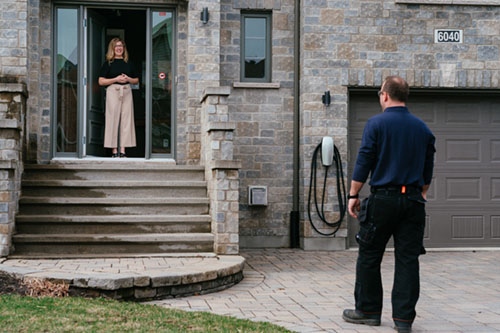
Énergir putting its bets on solar energy
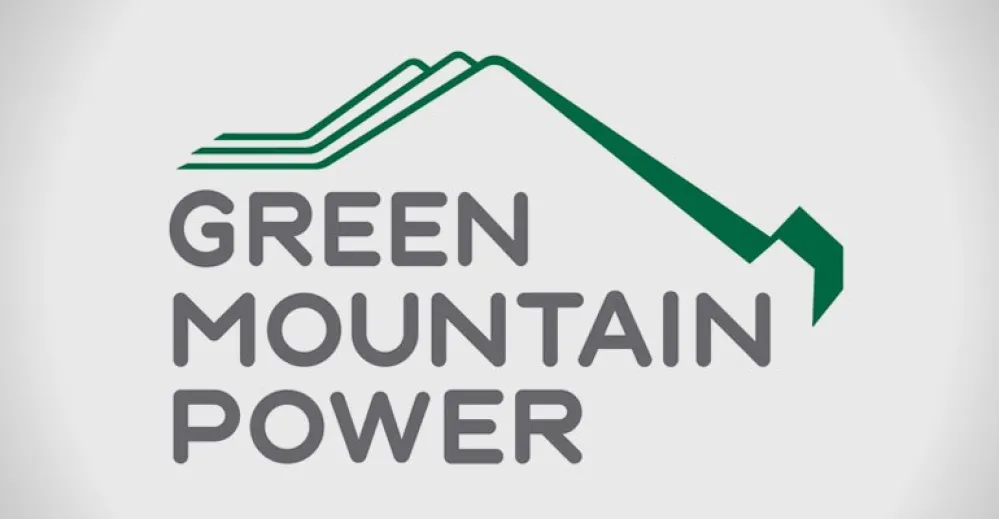
The sun is an excellent source of renewable energy—during the day! Hence the interest in Tesla’s Powerwall, a new generation of battery for homes equipped with solar panels. This fall, it will be offered to customers of Green Mountain Power, an Énergir subsidiary.
Already recognized for their superior energy efficiency, the batteries used in Tesla’s electric cars are now available for home use. Compact, aesthetic and easy to install, the Powerwall stores the daytime energy produced by the solar panels for use at night, when the entire household needs it.
The Powerwall will be available in 7 kWh and 10 kWh models to Green Mountain Power customers. The Vermont-based electricity utility, acquired in 2007 by Énergir, is a leader in wind and solar power production. As such, the company has been helping its customers increase their energy independence while reducing and better managing peak demand on its system.
The Powerwall can also be connected directly to the grid, thus providing backup power to essential home appliances (lights, heaters, refrigerators) during storms or other emergency situations. Green Mountain Power also recommends using the Powerwall during peak energy times to reduce the company’s transmission and capacity costs.
The idea of linking batteries to home solar panels is not new. However, until now, most solar charging systems used typical automotive lead-acid batteries. Not only did this require installing and interconnecting multiple battery units, but if any single unit were to go flat, the entire system would also fail. All in all, an expensive, bulky and unattractive solution.
In contrast, the Powerwall’s lithium-ion technology is vastly better suited to home use. The battery can be discreetly installed on a garage or basement wall, and a single battery is sufficient to meet the needs of the average home (several can be installed up to a total of 90 kWh). And at a cost of $3,000 to $3,500, it quickly pays for itself. Each Powerwall comes with a 10-year warranty.
You may also like...


Energy, Sustainable development
Coop Agri-Énergie Warwick, a model of environmentally responsible agriculture